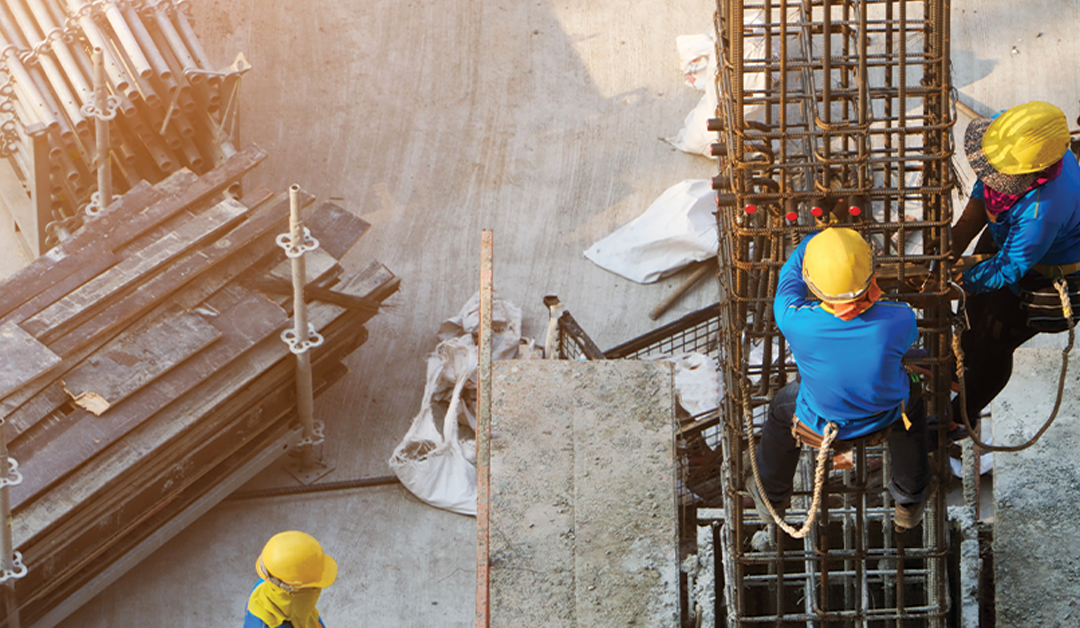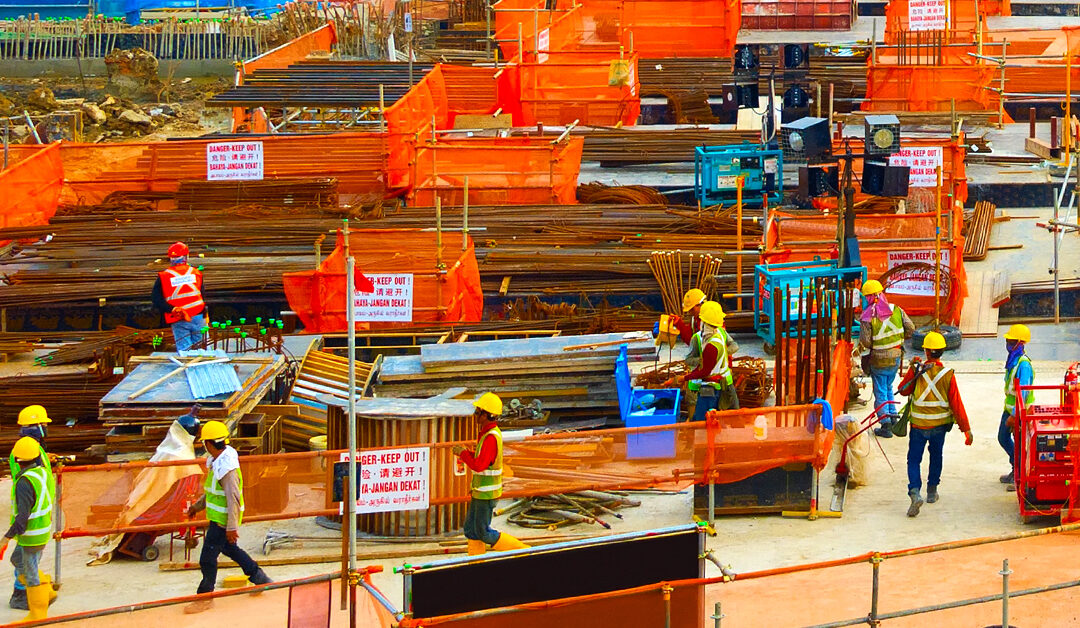Making sense of all of your data from all of your projects can feel like trying to understand a foreign language. But, when we break it down into steps, it starts to make a lot more sense.

- News
Contractor’s Fear of Sharing CPM Schedules
Many contractors cringe at the thought of sharing the construction schedule with owners. I am not talking about the .pdf file that is shared monthly in the progress reports. That one is so carefully formatted and oftentimes hides the total float column and preceding logic.
What I am talking about is the native file. The one generated from the actual scheduling program includes the total float and logic details. I have seen this phenomenon again and again with my recent undertaking of SmartPM, which begs the question, why is that?
The reality is, from the owner’s perspective, the CPM schedule helps with understanding where projects are on the construction timeline without getting lost in confusing construction jargon.
Additionally, it is very important for the owners to know for sure when the project will get done. For the contractor, sharing their CPM files can be time-consuming, embarrassing (in the case of delays), overbearing, and sometimes unfair.
3 Common Reasons Why Contractors Don’t Like to Share Their CPM Schedule Files
1. Baseline Schedule Quality is Not Up to Par
I hate to be the bearer of bad news. But the construction industry as a whole is lacking in the schedule generation department. It is my firm opinion that if a schedule is created without much thought going into logic, durations, and resource constraints, then the project is doomed from the get-go.
Far too often, very little thought goes into baseline schedules. They often serve as what the Owner has been told is the “plan.” So, when the plan doesn’t work out, obviously, the owner is going to go back to the baseline schedule and start measuring variances.
2. The Competitive Bidding Process
Because of the competitive bidding process, contractors are essentially always starting behind the eight ball when they sign the contract because margins are obviously very thin. So, when a project inevitably is delayed, and over budget, the fault then falls on the site team. It is natural for the site team to think of all the reasons it wasn’t their fault. Often, they begin to believe this as the truth, particularly because they have busted their butts on the site.
The reality is that understanding what happened truly takes much more than revisiting your memory and forming biased opinions. It takes an in-depth analysis of project schedules because schedules tell a story of their own, which is usually very different from the Contractor’s story, and Contractors know this.
3. Fear of the CPM Schedule Being Used Against Them
The two issues above, along with some others, have ultimately resulted in an industry that is very litigious. And in litigation, it is the data that does the talking. Everyone knows that all of the best progress, performance, and impact data is embedded in the schedule. When owners begin asking for the CPM schedule from a contractor, the contractor immediately believes the owner is looking for a reason to blame them. This all begins to impact trust on the job, resulting in even more problems.
Why Visibility is Important
I personally believe visibility is the key to construction. It is rather unfortunate that schedule visibility has become such a problem. I have studied an abundance of project data and know from experience that if done proactively and with an open mind, project risk goes down, profits go up, and relationships get stronger.
For this reason, SmartPM has built a fully automated construction project intelligence solution that analyzes every bit of data embedded in the schedule. It picks up where regular PM software ends. Schedule a demo with us today and learn how we can help you take your business to the next level.
RELATED STORIES

Making Construction Data Analytics Easier to Understand
Making sense of all of your data from all of your projects can feel like trying to understand a foreign language. But, when we break it down into steps, it starts to make a lot more sense.

Overcoming Confirmation Bias in Construction Project Management
Confirmation bias can be particularly problematic in project and schedule management, where decisions must be based on accurate and comprehensive information.

Top Construction Scheduling Software in 2023
SmartPM’s recognition as a top construction scheduling software in 2023 attests to the immense value in automated project controls.

Putting the ‘Smart’ in Project Management with Project Controls
Project controls are not just a subset of project management; they are its backbone, focusing on meticulous monitoring and analysis.

